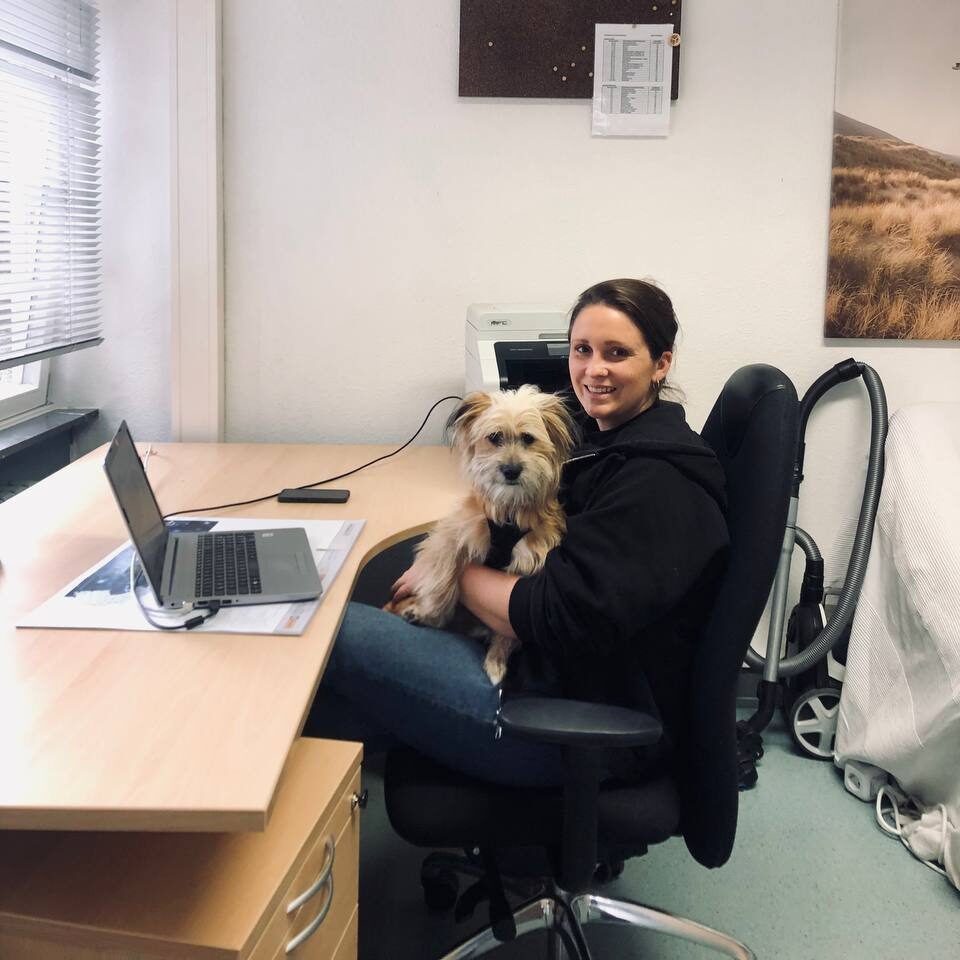
Photo: Garden of Religions
In the middle of Cologne there is the perfect place… full of peace, where everyone is allowed to be the way he is. A place for everyone, full of mindfulness and spiritual harmony. A place to come to rest and recharge your batteries. A place that invites you to linger, to exchange and to understand each other. The Garden of Religions in Cologne’s South City.
Commonness, spirituality and self-discovery – The Garden of the Religions of IN VIA Cologne
“If we as citizens want to live together in peace, we need a place where we can begin to understand each other.” (IN VIA Köln e.V.)
The Garden of Religions has become such a place.
Did you know that just in the city of Cologne there are more than 120 different religious communities? Partly there are similarities between them, but of course there are also differences. But unfortunately, it is often the case that people perceive the differences more than they perceive the similarities. This leads to irritation, to feelings of strangeness, fears and sometimes even hatred and exclusion of the other”, explains Anne (33 years old, from Cologne) explains. Anne works at IN VIA Cologne e.V. and is responsible for interreligious dialogue in the Garden of Religions. For the exchange between people of different faiths that means to treat each other with respect. IN VIA is a Catholic association for girls and women’s social work.
Entering into interreligious dialogue mindfully and learning from each other.
“The Garden of Religions is not a museum where you learn about religions. It is a place where all visitors are invited to tell each other about their faith and to become curious about how others practice their religion. This is what interreligious dialogue is all about.
Ideas for conversation can be found at 10 different stations that address various topics. Five stations are about symbols and things that connect all people. Five other stations represent the five major world religions: Judaism, Christianity, Islam, Buddhism and Hinduism. In most cases, people quickly realize during the encounters that the prejudices they had before are not true at all and discover many commonalities.

But not only people of faith are welcome in the Garden of Religions. It is open to anyone who is simply looking for a place to recharge their batteries, find peace and quiet, or learn something new.
Anne
Learning new things about religions and growing personally
“In interreligious dialogue, I meet people who are also religious and have often experienced exciting stories. Sometimes I’m very enthusiastic about rituals or prayers from the other religions. Then I think about whether there is something similar in my faith or whether ideas can be adopted.
intombi for girls – so kannst auch du dabei sein!
We are also interested in your story! In our #girlsforgirls online passion magazine we present you every week exciting and super strong young women, projects and important tips, around a passion. We call this week – PassionWeek! For a successful start into the future – according to our motto
Have the courage and ask questions – Anne’s tip for you
“To begin interreligious dialogue, all you have to do is to have the courage to address the other approach the others. The courage to start a conversation, to ask questions and to listen. In doing so, it is important that you show respect and do not laugh at the others when they say things that sound funny or strange to you. And you must be willing to tell how it is with you. Then you will discover similarities and differences and understand the other person better. In this way you can also overcome prejudices or stupid sayings from other people.“
Difference is always an asset – tolerance is the key
Evgenia (21 years old, from Wuppertal) also lives interreligious dialogue as a Jew. “You can’t assume that everyone believes in the same thing and thinks the same way. That’s why a little respect and tolerance is simply an everyday thing for me. And something else would not be desirable at all. Especially not in a multi-culti society like Germany.
That is precisely what makes us special – that many exciting conversations arise precisely where differences and disparities meet. That’s why I meet people of other faiths openly and respectfully. I always try to ask how religion, faith or culture is lived out at home. Because that also varies from family to family in every denomination and in every culture.”

*this article contains unpaid advertising





Kommentare